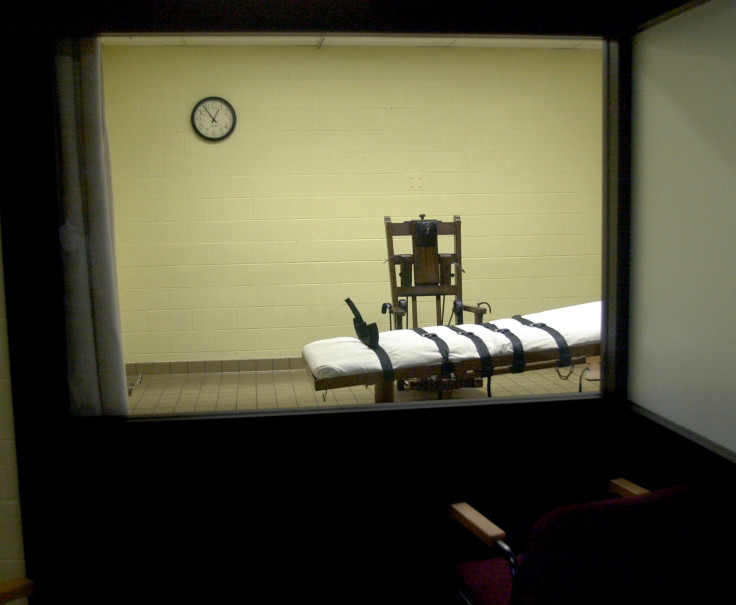Fentanyl Death Penalty: Inmate Executions May Use Deadly Opioid

Death penalty states facing a shortage of traditional lethal injection drugs may now turn to fentanyl, a powerful painkiller that has taken the lives of thousands in the opioid epidemic.
Pharmaceutical companies who had previously supplied the drugs used in executions are refusing to send them, not wanting to be associated with the death penalty. States who want to execute death row inmates have had to come up with alternatives. Nevada and Nebraska planned on using fentanyl in upcoming executions, drawing criticism from rights groups who have called it experimentation.
“Fentanyl has never been used in an execution,” said Megan McCracken an attorney with the Berkley Law School’s Death Penalty Clinic to International Business Times. “We’ve been told ‘there’s nothing to worry about, and that everything is fine,’ and then something goes horribly wrong.”
Several high profile executions have gone wrong due to the use of new drugs. A 2014 execution in Arizona using midazolam took two hours, considered one of the longest executions in U.S. history.
Deborah Denno, a law professor at Fordham University told the Washington Post that new drug cocktails effects are often a mystery.
“We're in a new era,” said Denno. “States have now gone through all the drugs closest to the original ones for lethal injection. And the more they experiment, the more they're forced to use new drugs that we know less about in terms of how they might work in an execution.”
In the past executions by lethal injection were administered in three phases — a drug that induces a coma, a drug that paralyzes, then a final drug that stops the heart. The drugs used were sodium thiopental, pancuronium bromide and potassium chloride — the method was developed in the 1970s in Oklahoma.
With those drugs hard to come by —states are walking away from that formula.
Nevada had planned on killing death row inmate Scott Dozier using a new process in November, but the execution was stayed and postponed because of the method. Nevada wanted to administer diazepam, or valium as a sedative, fentanyl a painkiller stronger than heroin to kill him and a paralytic to paralyze Dozier. The judge worried that the third drug, the paralytic, could mask any pain or side effects from the first two drugs.
“The prisoner would appear completely serene … at peace not moving,” said McCracken.
Dozier was sentenced to death after being convicted of robbing and murdering a 22-year-old man and then dismembering him.
Nebraska has not yet scheduled the execution of Jose Sandoval, but in November informed him of the deadly cocktail that would kill him, per Nebraska law. The state planned on using an untested four-drug cocktail, diazepam, fentanyl, a paralytic and then potassium chloride, which is extremely painful. The four-drug combination has never been used before.
Sandoval, who was sentenced to death for the role he played in a bank robbery that left five dead said he planned on challenging the execution method in court.
© Copyright IBTimes 2024. All rights reserved.











